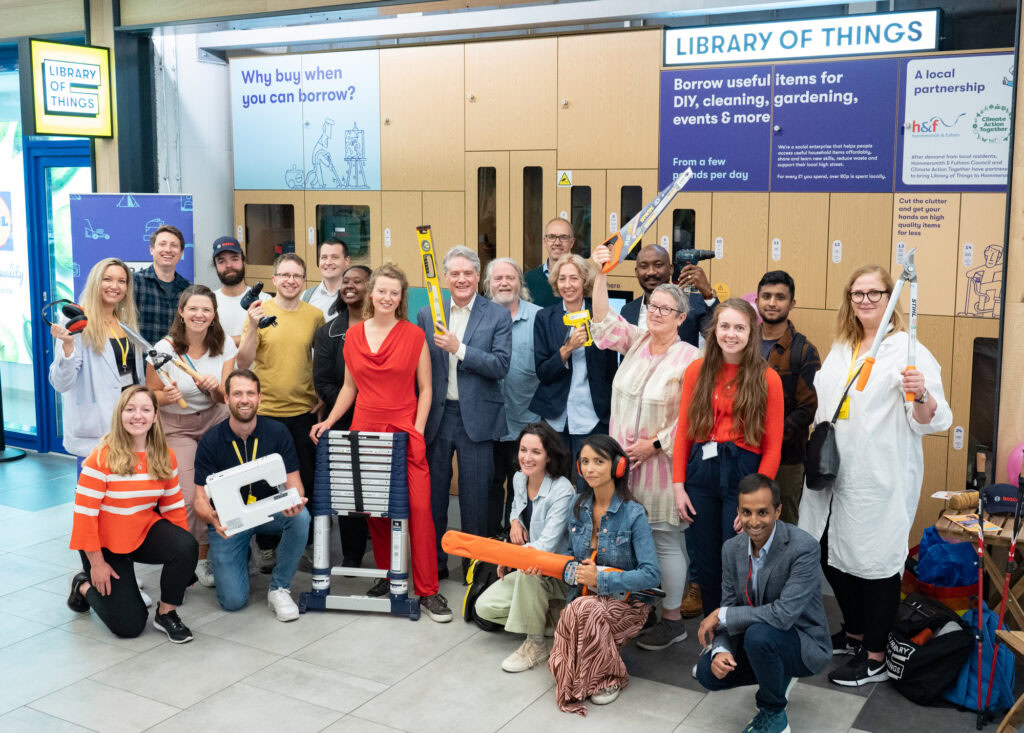The consultations, expected to be launched towards the end of 2004, will look at how strategy revisions to planning policy and to waste permitting will affect composters.
Many composters are dogged by difficulties in planning and waste permitting and the meeting at the end of this month will give them an informal opportunity to question and discuss concerns with government representatives.
Issues to be covered will include revisions to the PPG10 planning guidance, waste Management Licensing and a proposed Code of Practice for Composting – to streamline good working methods.
Jane Gilbert, chief executiveof the Composting Association will address Defra's scrutiny committee Efracom on hurdles the sector faces in playing its part towards meeting the Landfill Directive.
Tony Bretton, communications manager at the Composting Association said it is important to have this two-way open process to discuss matters affecting members.
Confusion
Leon Mekitaria, director of Bio Convetors, a Grantham-based company which composts 30,000 tonnes of green waste each year, said his company had a number of issues to raise with government. “Firstly we are regulated by Defra, the Environment Agency and Trading Standards and we feel there is confusion caused by a lack of communication between the three groups.”
“Also we will be protesting that composters have to hold a full waste management licence. It is costly and unnecessary that we have to hold the same license as for example, a chemical treatment plant does,” he explained.
Another composter, Nick Helm director of Bioganix said there was a lack of thought going into compost regulation. Mr Helm has recently had his request for a five-year pilot composting plant in Herefordshire turned down. “We have been running the plant for three years and asked for an extension to work for another five years, but we have only been given one year.
“We already began implementing changes before we found out we didn't get the five years. And by the time we install the new equipment which we are required to add to meet Environment Agency requirements, the year will be over. If we don't then get a licence we will have wasted a huge amount of money, so there needs to be more joined up thinking.”








Subscribe for free